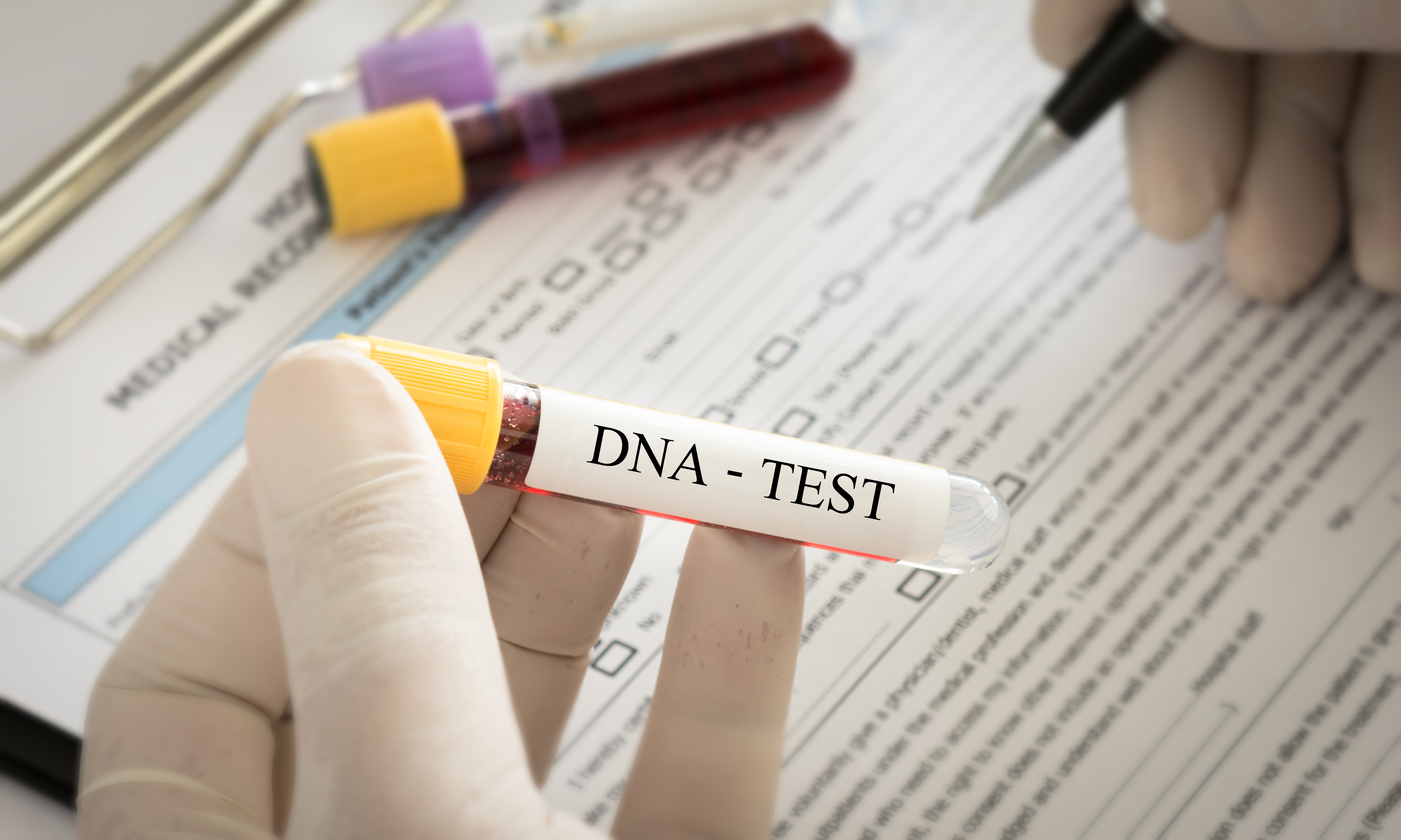‘Ticking away in the back of my mind’: what does it mean to know the risk embedded in your DNA?
By Sophie Black,
The Guardian
| 09. 04. 2022
Mortality has always been on Perry Jones’ mind, much more so than your average 20-something. She’s dealt with a number of challenging health conditions since her teens, so when her mother urged her to be screened for the BRCA1 variant and BRCA2 variant gene a couple of years ago (both of which indicate a high risk of breast and ovarian cancer) she didn’t exactly jump at the chance.
Jones, who has type 1 diabetes, coeliac disease and spinal development issues, speaks about her dealings with the health system in the world-weary way of someone who’s been in and out of waiting rooms her whole life.
“I’ve got the whole wazoo. So a part of me was like, ‘What’s the likelihood that I’m going to have another thing? It’ll be fine. There’s no point.’”
But Jones’ mother insisted. After all, she’d been diagnosed with breast cancer at the age of 40. “Mum said it’s better to know than not to know. And if we know, then we can warn others in our family and we can look into better treatment methods...
Related Articles
By Scott Solomon, The MIT Press Reader | 02.12.2026
Chris Mason is a man in a hurry.
“Sometimes walking from the subway to the lab takes too long, so I’ll start running,” he told me over breakfast at a bistro near his home in Brooklyn on a crisp...
By Katrina Miller, The New York TImes | 02.05.2026
Joseph Yracheta: The Native Biodata Consortium is the first nonprofit data and sample repository within the geographic bounds and legal jurisdiction of an American Indian nation, on the Cheyenne River Sioux Reservation in Eagle Butte, S.D.
NativeBio participated in a ...
By David Jensen, California Stem Cell Report | 02.10.2026
Touchy issues involving accusations that California’s $12 billion gene and stem cell research agency is pushing aside “good science” in favor of new priorities and preferences will be aired again in late March at a public meeting in Sacramento.
The...
By Lauren Hammer Breslow and Vanessa Smith, Bill of Health | 01.28.2026
On Jan. 24, 2026, the New York Times reported that DNA sequences contributed by children and families to support a federal effort to understand adolescent brain development were later co-opted by other researchers and used to publish “race science”...




